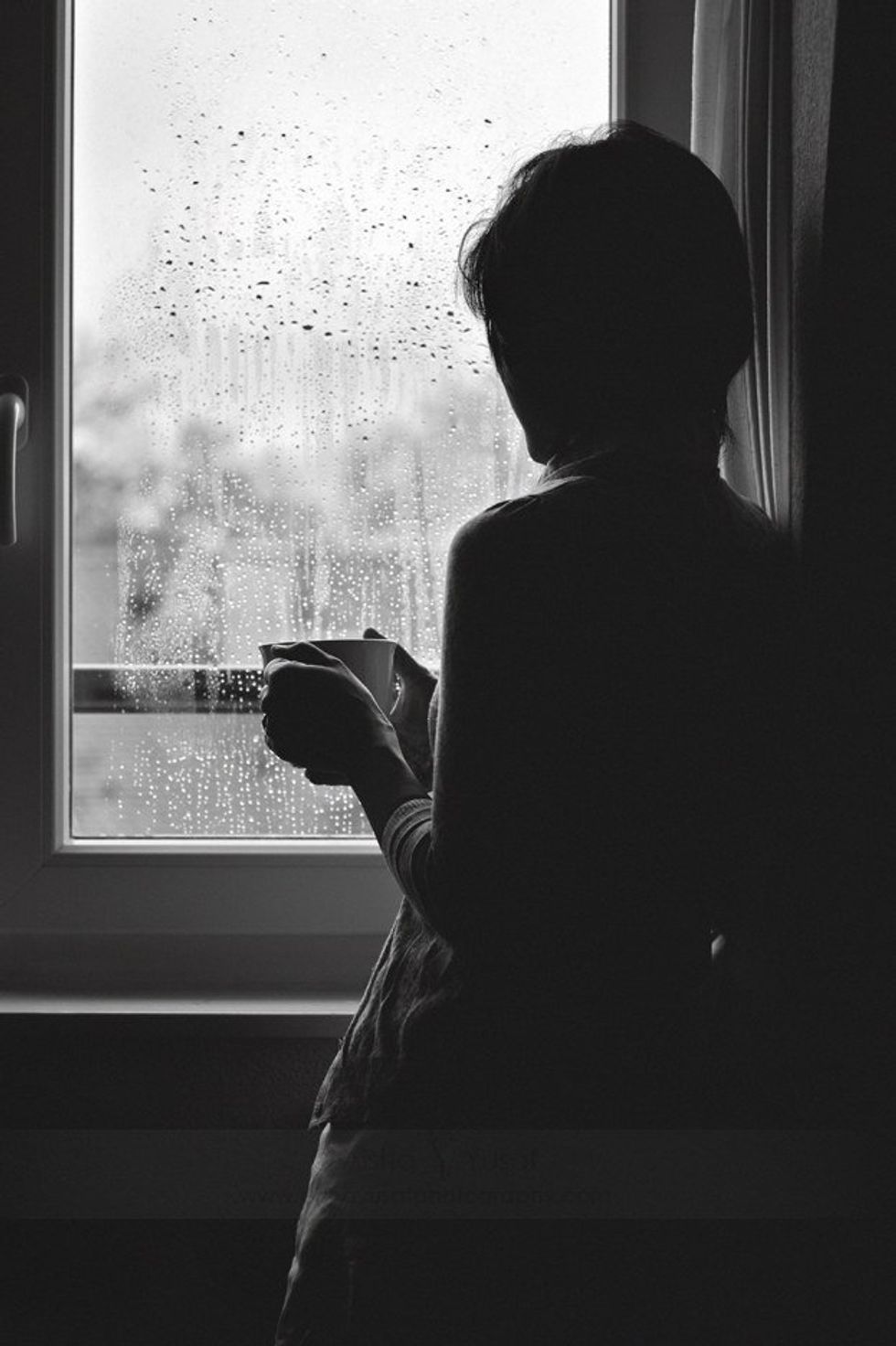During early 2015, something went wrong.
I wasn't the same person I used to be, and it scared me. I didn't tell anyone how I was feeling and just thought it was because of the recent loss of my dad in December 2014. I soon realized it wasn't, but I continued to push it off to the side.
At the time, I was in love, and I didn't want to do anything that would ruin that relationship, but that was exactly the reason why everything eventually came crashing down.
No one tells you what depression is like; we all know the obvious symptoms: persistent sad feelings, losing interest in hobbies and activities that were once enjoyed, weight gain or loss, and constant irritability. No one tells you how it'll be the catalyst to your increased binge-drinking, loss of friends, cause of broken relationships, developed trust issues, and a lower GPA, which is all what happened to me in the matter of a year and a half.
No one knew how to help me; my family was there for me as a family should be for a young adult who had developed such a heart-wrenching illness, but they didn't know what to do. It's different from when my mom used to treat me when I was younger and had the flu. She would stay home from work all day with me, wake me up with a warm cup of tea, make me every meal, and ask how I was doing constantly. She would throw my clothes and blankets in the dryer and dry my hair after a shower to prevent the chills. At night, she tucked me in, told me to feel better, kissed me on the forehead, and said she loved me.
As a psychology major, I had learned about every kind of mental illness and was scared, which is why I didn't want to admit it to anyone. Mental illness still has that stigma attached to it. For some reason, people still don't see it as important as a physical illness, which is exactly how my mom treated it.
On one particularly bad night when my first relationship was ending, I distinctly remember calling my friend crying, begging her to move closer to where my ex-boyfriend lived so I wouldn't see another person I loved so much be ripped away from my life. I ran to my mom and did the same thing; I cried, sobbed, and pleaded for her to let me move and pretty much pay for an expensive apartment in the city. She sat me down, held my hands, and didn't understand what was happening to me. She later said the worst thing and what you should never say to someone with a mental illness:
"Just stop. Snap out of it, Nicole."
It was devastating for me to hear, and I began to think there was actually something wrong with me. Each year, 42.5 million people in the U.S. become diagnosed with some type of mental illness. It's important to be informed that there is nothing wrong. Life is hard, we go through a lot, and we are bound to become broken.





















